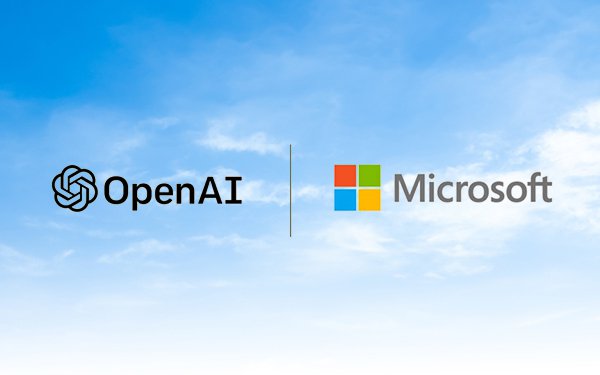
Microsoft and OpenAI announced a deal Tuesday
that allows the maker of ChatGPT and the Atlas browser to restructure into a public benefit corporation (PBC), valuing OpenAI at $500 billion and clearing the way for it to become a publicly traded
company.
The ownership stake is exclusively in OpenAI's for-profit arm. The overall company structure is divided into two distinct parts, and this investment is specifically in the commercial
entity.
OpenAI's nonprofit is now called the OpenAI Foundation, and it holds an equity stake worth about $130 billion in its for-profit arm. OpenAI said its for-profit arm is now a public
benefit corporation called OpenAI Group PBC.
Under the new structure, the OpenAI Foundation will hold a 26% stake in the for-profit, with 47% held by current and former employees and
investors.
advertisement
advertisement
Microsoft will hold a stake of about $135 billion, or 27%, in OpenAI Group PBC, which the OpenAI Foundation will control.
"I am grateful to the Delaware and California AGs,
our partners at Microsoft, all our investors, and especially to our tireless team for their work in getting to a good place here," OpenAI CEO Sam Altman wrote in a blog post on X.
The deal
removes a major constraint on raising capital for OpenAI, which signed a deal in 2019 that gave Microsoft the rights over much of OpenAI's work in exchange for providing cloud-computing services
needed to support it. Microsoft will have access to OpenAI's technology until 2032.
"The agreement preserves key elements that have fueled this successful partnership -- meaning OpenAI remains
Microsoft’s frontier model partner and Microsoft continues to have exclusive IP rights and Azure API exclusivity until Artificial General Intelligence (AGI)," according to a Microsoft blog. "It
also refines and adds new provisions that enable each company to independently continue advancing innovation and growth."
Microsoft's IP rights now exclude first rights for cloud services and
OpenAI's consumer hardware, which cement the long-rumored notion that with collaboration from former Apple designer Jony Ive, the company will build a variety of devices — with its
software products integrated in each. These include a screenless, pocket-sized assistant.
OpenAI has also reportedly considered hardware such as smart speakers, AI-enabled glasses, a
digital voice recorder and a wearable pin.
The revised deal also allows OpenAI to jointly develop some products with third parties, but API products built around specific capabilities
developed with third parties will be exclusive to Microsoft Azure.
Non-API products will have the ability to serve on any cloud provider such as Google or Amazon, which is a major shift in the
agreement.
Microsoft has invested more than $13 billion in OpenAI, and has backed the company since about 2019.